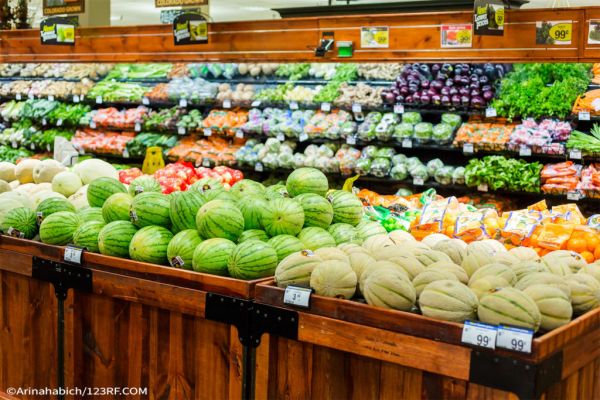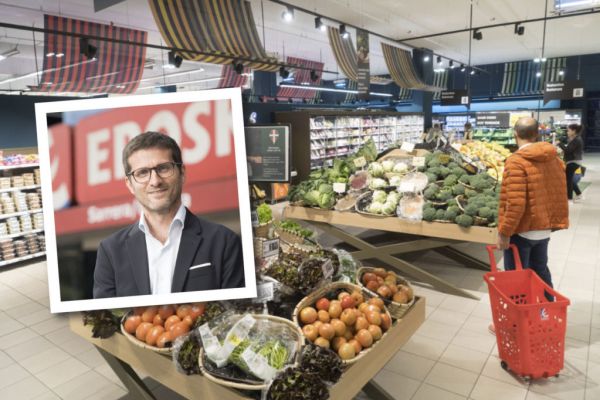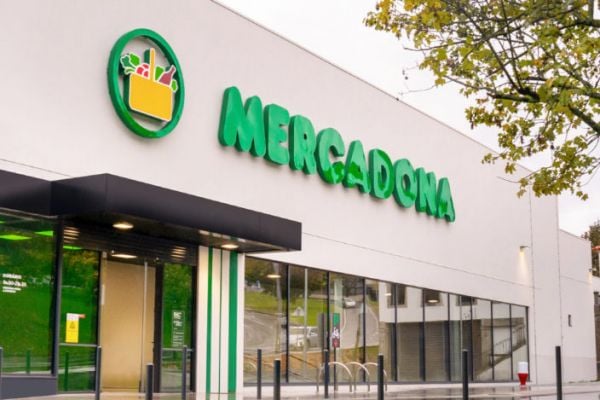Unpredictable weather conditions will influence the procurement of fruit and vegetables in 2023, according to Markus Bobenhausen, senior buying director at REWE Group.
Bobenhausen added that lettuce, soft fruit, peppers and tomatoes are currently affected in the Mediterranean region.
While these are just some recent examples, he cautioned that more varieties will be added in the course of spring, because the weather in Germany is also causing quality losses for some types of vegetables, such as onions.
Tangerine Harvest
Citing tangerine harvest in 2022 as an example, Bobenhausen said the warm autumn in Spain meant that the fruit was unstable in terms of shelf life. At the same time, it was still too warm in Germany.
"Overall, this resulted in the situation that the quantities hit a sales market that was not yet ready for them," he added.
"It was a challenge for everyone involved in the supply chain, as well as for the markets, to control the products in such a way that we could offer them to our customers in the optimal time and quality."
Read More: UK Government Tells Grocers To Re-Examine Farmer Relationships
Logistics And Energy Costs
Bobenhausen believes logistics will be a key driver in fixing the problem. He recommends that, if necessary, truck travel times can be shortened by using two drivers. He warned that it is becoming more and more challenging to control the delivery process.
"That's why we communicate this information through our weekly reports to the regional category managers right down to the stores," he said.
Bobenhausen also warned about energy costs when it comes to greenhouse alternatives and that production may not be easy to control regardless of the weather.
"We have the problem of energy costs, which in the form of high electricity and gas prices cause the production costs in greenhouses to rise enormously," he explained.
"The products then simply become too expensive. We have seen that some consumers no longer accept these prices. Here, we are more on the lookout for alternative growing areas that have the right natural conditions for these products in order to be able to supply the markets with good quality."
© 2023 European Supermarket Magazine – your source for the latest fresh-produce news. Article by Robert McHugh. Click subscribe to sign up to ESM: European Supermarket Magazine.














